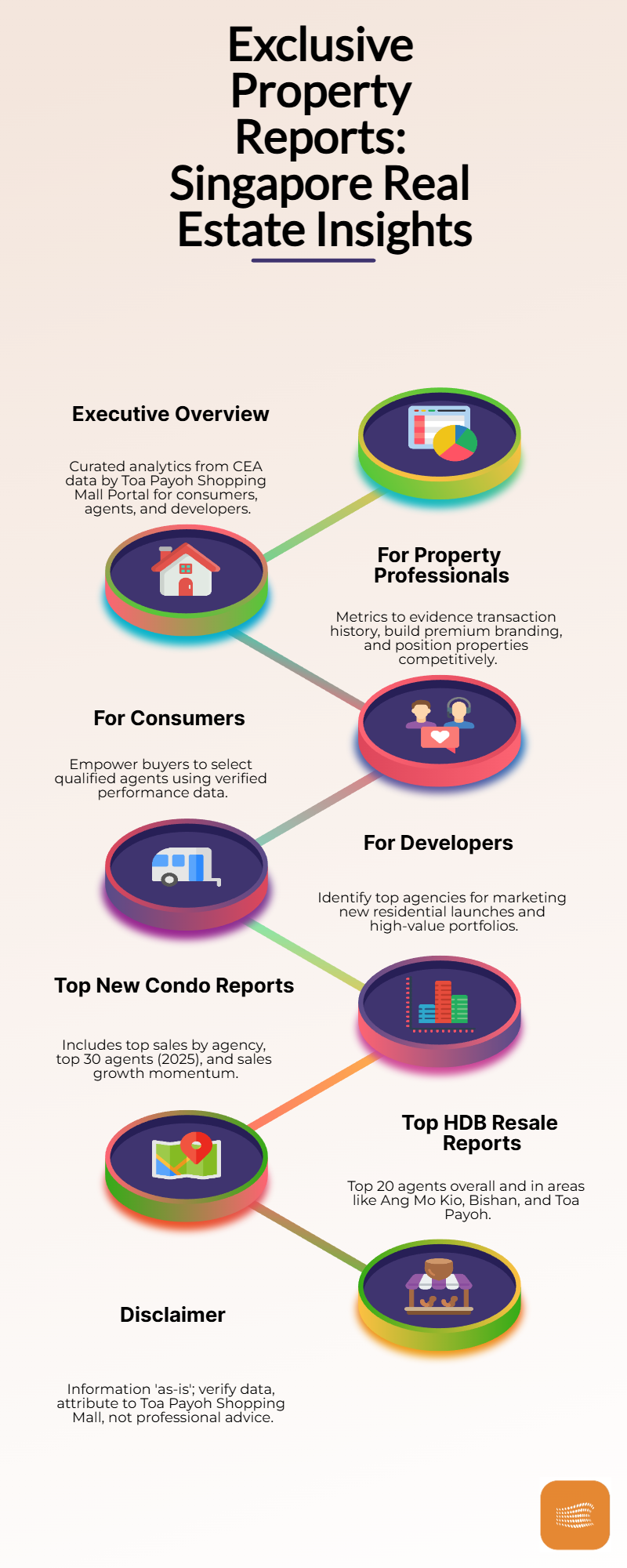What You Must Know When Buying an Old Condo

Buying an old condo can be an appealing option for many reasons. The price point is often lower than new condos, the location is usually established, and the unit may have unique features that aren't found in newer developments. However, there are some important things to keep in mind when buying an old condo. In this article, we'll cover what you must know when buying an old condo.
Age and Condition of the Building
The age and condition of the building are crucial factors to consider when buying an old condo. Older buildings may have structural issues, outdated electrical and plumbing systems, or other maintenance issues that need to be addressed. It's important to conduct a thorough inspection of the building before making an offer to ensure that there aren't any major issues that could end up costing you a lot of money in the long run.
Maintenance Fees and Special Assessments
Older condos may require more maintenance and upkeep than newer developments, which can result in higher maintenance fees and special assessments. It's important to review the condo association's financial statements and budget to understand the fees and assessments you'll be responsible for paying. You should also inquire about any upcoming special assessments or major repairs that are planned, as these can have a significant impact on your budget.
Resale Value
While you may be able to purchase an older condo at a lower price point, it's important to consider the resale value of the property. Older buildings may have lower resale values due to their age, condition, and the fact that newer developments are constantly being built. It's important to consider the potential for future appreciation and how that will impact your investment.
Rules and Regulations
Condo associations typically have rules and regulations that govern how residents can use and maintain their units and the common areas. It's important to review these rules and regulations before making an offer on an older condo to ensure that they align with your lifestyle and preferences. For example, some associations may have restrictions on pets, noise levels, or parking.
Renovation Restrictions
Older condos may have restrictions on renovations or improvements that you can make to your unit. These restrictions may be in place to maintain the architectural integrity of the building or to prevent residents from making changes that could impact the safety of the building. It's important to review the condo association's bylaws and rules to understand the limitations on renovations and improvements.
Location
The location of the condo is always an important consideration, regardless of its age. When buying an older condo, it's important to consider the neighborhood and the surrounding amenities. You should research the crime rate, proximity to public transportation, and access to shopping, dining, and entertainment options.
Financing
Financing an older condo can be more challenging than financing a new development. Lenders may have stricter requirements for older buildings, such as a higher down payment or more stringent underwriting standards. It's important to speak with a mortgage professional who has experience financing older condos to understand the requirements and potential challenges.
Buying an old condo can be a great option for many buyers, but it's important to understand the potential challenges and considerations before making an offer. By considering the age and condition of the building, maintenance fees and special assessments, resale value, rules and regulations, renovation restrictions, location, and financing, you can make an informed decision about whether an older condo is the right choice for you. With the right research and due diligence, an older condo can be a fantastic investment opportunity.

Sign Up Now As
Toa Payoh Hub Friends & Corporate Friends
To Receive More Free Insightful Analysis
